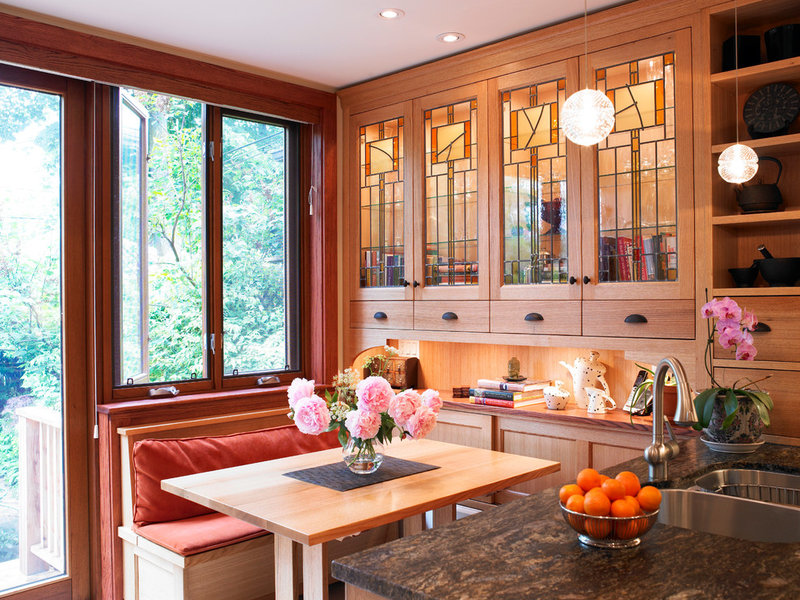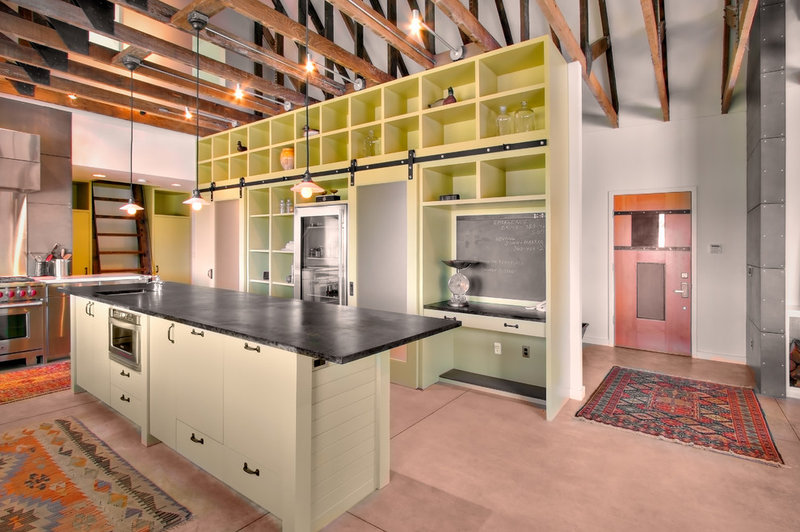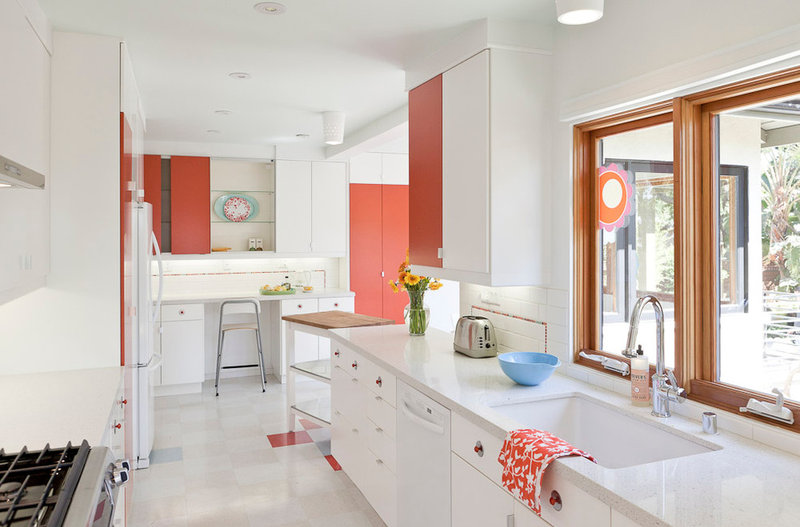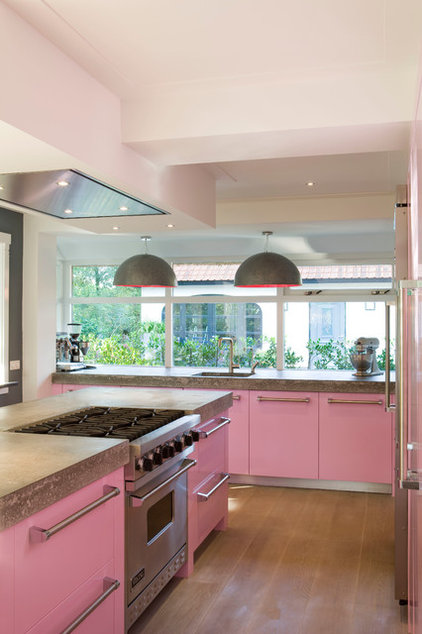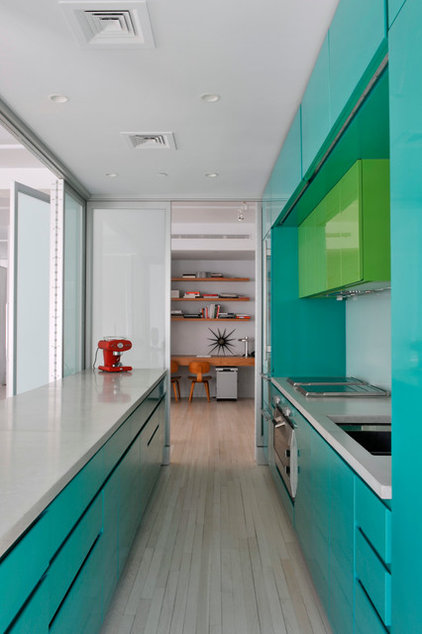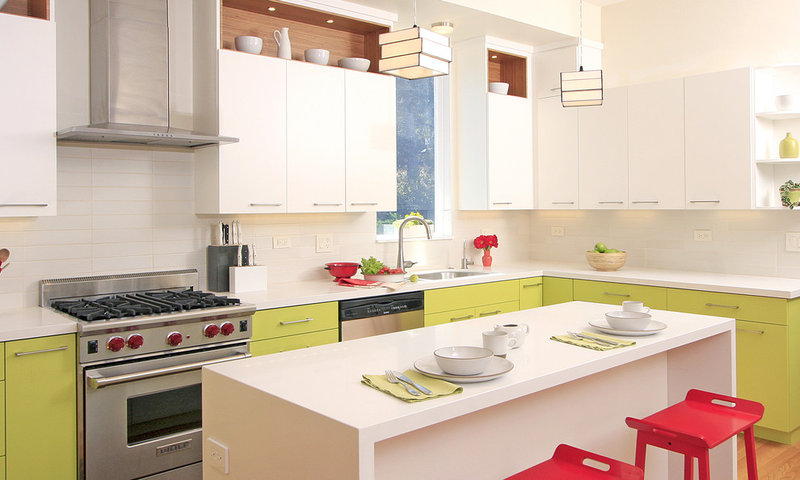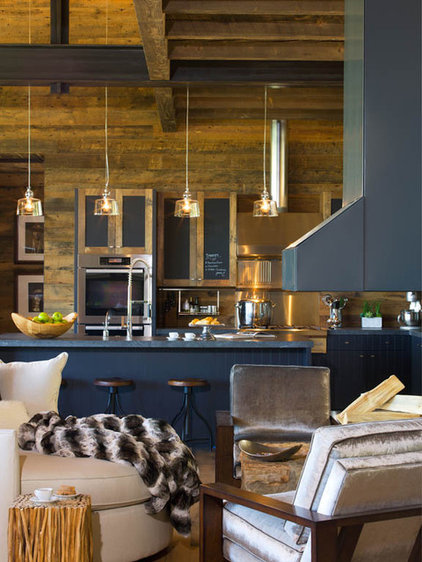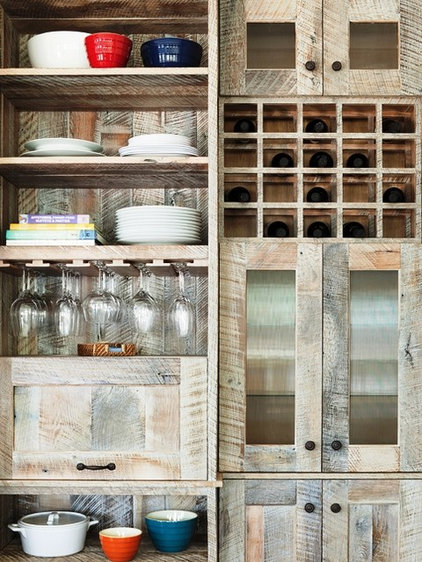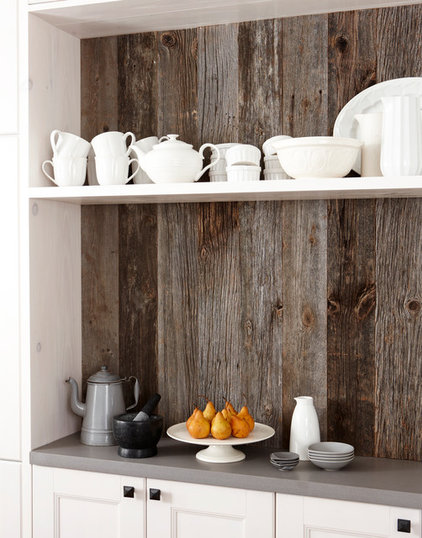And that's a good thing according to real estate and financial experts, who say the investment is worthwhile.
"The rental market is very expensive in Toronto and mortgage rates are so low that, in a lot of cases, it makes more sense to buy," said realtor Miranda McKenna of Life and the City, Remax Hallmark Realty Ltd., who says nearly half of her clients are single.
People understand that it's worth buying a property to get into the market and build equity as early as possible, she said, and many of her clients use that first purchase as a stepping stone toward buying the home they really want.
That also means buyers are getting younger, McKenna said, noting that more people in their 20s are buying, and that many of them are single professionals.
Jordan Allison was 23 when he bought his first condo. At the time, he just wanted his own place and figured it would be a good investment, given how quickly home prices were climbing.
"The condo was a dress rehearsal in a way," said Allison, now 30. "After going through it with the condo, I knew what I was in for with the house."
He sold his Toronto condo to buy a house four years ago, and rented the house as two units while he did his masters degree in Boston.
Once he moved into the house, he kept one of the units as a rental to help cover the mortgage -- something he'd recommend to other single home buyers.
"Those tenants are really your second spousal income," Allison said.
David Stafford, managing director of real estate secured lending at Scotiabank, said one of the biggest differences between buying as an individual, versus a couple or group, is income instability.
"If you have a couple, or a partnership of some sort, buying a home - there's two incomes to service the home. If somebody gets sick, or loses their job, then you don't go from all to nothing," said Stafford.
"If you're on your own, (you should) make sure you have a backup plan."
He recommends purchasing disability or health crisis protection insurance, or, like Allison, taking advantage of rental income (if the property has the right set-up for it) to help cover base expenses.
He also advises all homeowners to take a close look at the closing costs, maintenance expenses and property taxes that will come with the mortgage payments in order to get a true sense of the monthly payments.
TD Canada Trust also recommends setting a realistic budget and determining the total down payment, and then test-driving the monthly mortgage payment by making an automatic transfer of that amount into a TFSA or other high-interest savings account. That will help determine how comfortable the commitment is before locking in, while allowing you to save for a larger down payment.
A recent online survey of 6,000 Canadians aged 18 years and older by TD found that a quarter of those who bought a home in the past 24 months (or are planning to in the near future), did so on their own. The results of the poll, which was conducted between Feb. 11 and 25, were in line with figures from Statistics Canada, suggesting singles have increasingly moved toward home ownership.
According to McKenna, another key consideration is to buy into a neighbourhood that will provide good resale value.
"You don't want to buy in a terrible area that isn't going to have good turnover in the future and isn't going to be a good investment," she said.
As for Allison, he is now in a relationship and he and his partner are thinking about moving in together.
He says the rental suite in his home has done so well that they're considering keeping that house as a rental and buying a new place. Meanwhile, he knows people who are now just looking to get in the market and can't even afford the neighbourhoods they want.
His advice to anyone still debating whether to buy and wondering whether it will be a worthwhile investment is to "just jump in" and start building equity in their home.
"I would say the sooner the better," Allison said.




 Subscribe with RSS Reader
Subscribe with RSS Reader
















